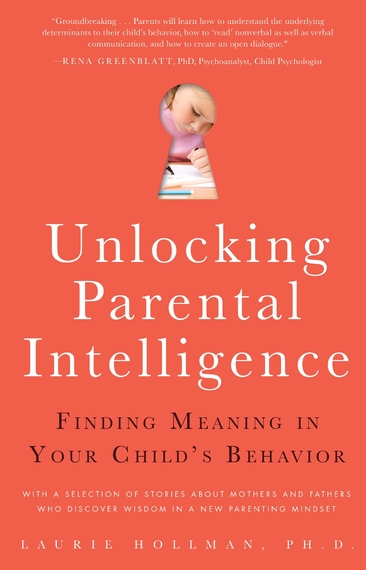It's so important to develop a trusting relationship with your teen. But teens like to feel independent. So how do you do it without feeling intrusive? How do you respect your teen's need for autonomy and developing their own ways of doing things without feeling you are peering down at them with judgmental eyes?
7 Ways to Develop Trust with Your Teen Using Concepts of Parental Intelligence
1.Find common core interests. For example, you may both be interested in politics with different candidates in mind. Have a lively debate respecting each others' ideas. Go to a rally together or watch Fox and MSNBC and compare.
2.Listen carefully to each others' perspectives. Remember that teens and adults, nevertheless individuals, have different points of view. Instead of trying to win an argument, listen carefully to each others' logic. Ask questions to learn more details about the others' vantage points.
3.The crux of Parental Intelligence is understanding your teen's mind. How do you do that? Listen carefully for their desires, goals, intentions, wishes, and imaginings.
4.Focus on intentions. It's easy to misinterpret what your teen is doing because you don't pursue the intentions behind their actions. Another tenet of Parental Intelligence is that behavior has meaning. Talk with your teen about the intention and thus meaning behind their behavior or even misbehavior. If you're puzzled, ask questions. You'll learn a lot about your teen's goals and ways of thinking things through.
5.Another principle of Parental Intelligence is understanding your child's development. Adolescence is not one stage of development. There's early, middle and late adolescence where different capacities for thinking things through in logical ways develop, especially the capacity for abstract thinking. Notice as the years go by how your teen develops their ideas more fully, changes them because they learn more, and develops productive notions of how to accomplish goals.
6.Think with your teen about the future. Give them a concept of a timeline. When you're young, it's very common to think in the moment which is a good thing of course. But it's harder to plan for the future. When you're a freshman in high school, you need to plan your course load not only with that year in mind. Help your teen consider how to proceed to plan for their next year and the year after that eventually leading to college planning. This isn't meant to turn high school into a college prep program, but to give your teen the idea of forward looking thinking.
7.Do fun things with your teen. Make teen life not always a serious venture between parent and child. Hang out, play sports, do art work, whatever is your kid's thing. Enjoy a movie and have dinner alone afterwards. It's fun, happy time together that's the goal.
With all these suggestions in mind, only you know your teen really well. So ask him or her what they'd like to do with you when they have some time. Collaborate on making plans, solving problems, respecting each others' wishes and you'll build a strong parent-teen bond.
This article was first posted at 99Check.

Laurie Hollman, Ph.D., is a psychoanalyst with a recent book, Unlocking Parental Intelligence: Finding Meaning in Your Child's Behavior, found on Amazon, Barnes & Noble, Familius, libraries, and wherever books are sold.
